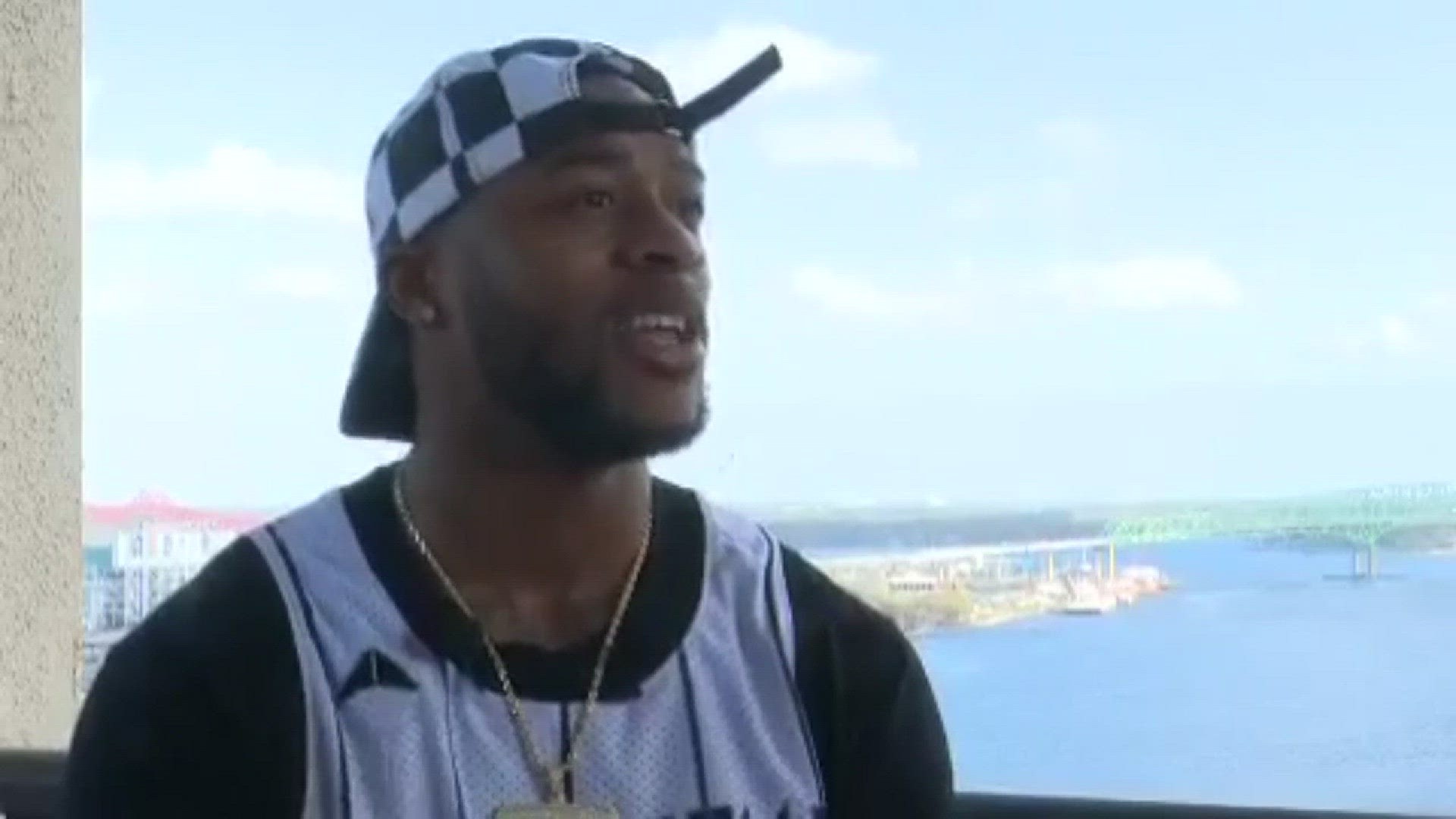The Jaguars — to borrow a term from another sport — hit a rare inside-the-park home run on Saturday night when the front office inked quarterback Blake Bortles to a relatively team-friendly extension.
The new three-year deal is worth $54 million with incentives. The deal averages $18 million per year, which is less annually than the $19 million that Bortles was set to make on the fifth-year of his rookie contract.
On top of that, the new deal freed up $9 million in salary cap space, as the Jaguars were able to lower Bortles' cap number to $10 million by prorating his signing bonus throughout the longevity of the deal.
The Jaguars locked up a quarterback who they believe can take them deep into the playoffs and also freed up cap space to bring in additional weapons to make his job easier. It was a win-win for both sides.
In the NFL, $9 million can go a long way, especially with salary cap gurus like John Idzik and Tim Walsh on the payroll. The Jaguars saved roughly $12.6 million over the weekend by releasing running back Chris Ivory and creatively extending Bortles, two clear no-brainer moves for the organization.
With that added salary-cap space, the Jaguars are projected to have enough firepower to bring in some legitimate veteran talent. The freed-up space from the Bortles deal could essentially lead to the additions of a starting tight end and a starting linebacker.
Also, the team now has more salary cap ammunition to re-sign internal talents like wide receivers Allen Robinson and Marqise Lee and cornerback Aaron Colvin. If the Jaguars are trying to keep the majority of their AFC Championship Game band together, they're in a very good spot to do so.
Great front offices find ways to keep their strong internal talent as long as possible. The Jaguars will now be given that opportunity — if they wish — following the Bortles extension.
Along with the salary cap flexibility, the Jaguars now have continuity at the quarterback position at a relatively cheap price for at least the next two seasons.
The Jaguars know what they have in Bortles. They know his strengths, his weaknesses and how he fits into their offensive scheme.
There are limited risks from financial and on-the-field standpoints.
Since Bortles is making relatively limited starter money, the Jaguars have also freed themselves up to draft his potential successor/backup with limited financial damage.
If Bortles struggles, the Jaguars — if they were to target a young quarterback in any round of the draft — would have a fallback plan that wouldn't severely damage continuity or the locker room.
Similarly, if the hypothetical rookie quarterback needs time to develop, the team has an experienced veteran to play in his place.
Succession plans are essential in the NFL and the Jaguars have the cap flexibility to weather most — if not any — storms.
With how the contract is structured, the Jaguars would be protected if they decided to move on from Bortles before the length of the deal was completed. They would also be protected if Bortles continues to ascend in the offense, as he is under their control until 2020.
Drafting a potential successor would have limited financial repercussions, even if Bortles elevates his play and keeps that younger player on the bench.
Good franchises build to win and prepare for the worse. The Super Bowl-winning Philadelphia Eagles are a good example of those practices. The quarterback position is the most important in the league and having flexibility at the position when you don't have a Top 5-10 passer is essential.
The Jaguars have created that flexibility with the new Bortles deal.
Follow Mike Kaye on Twitter at @Mike_E_Kaye.

